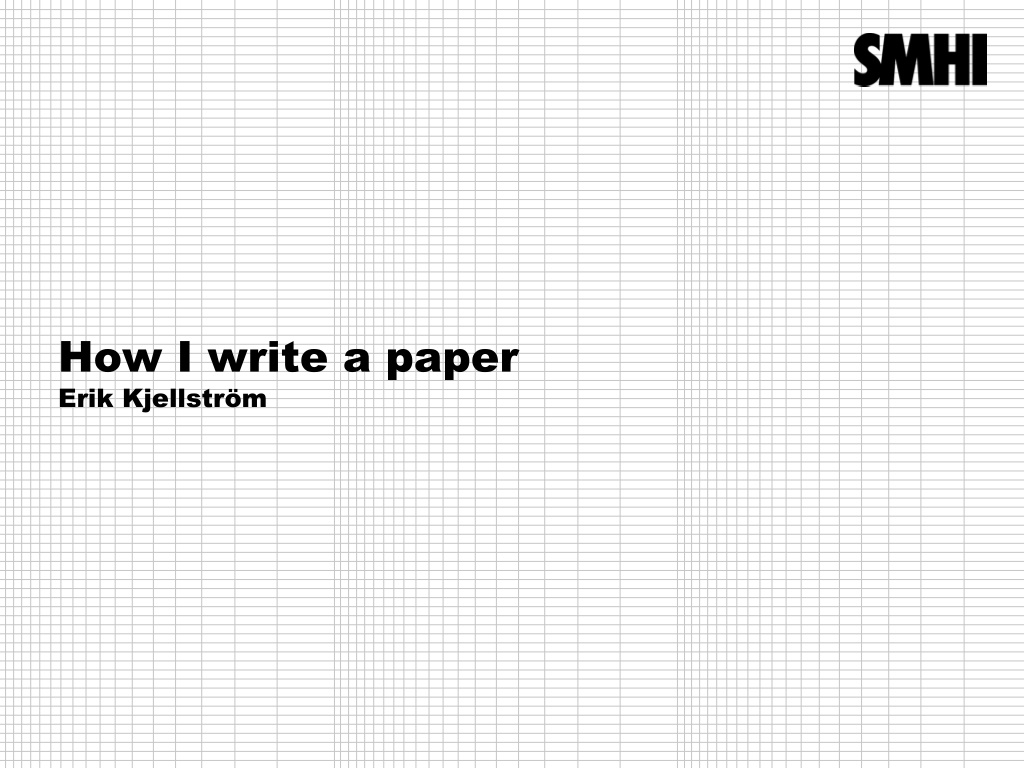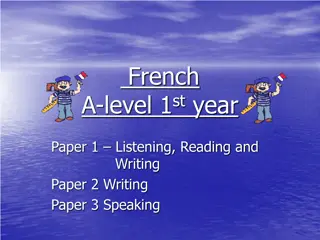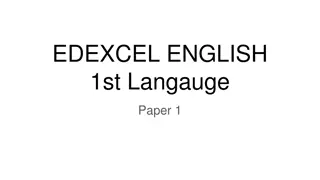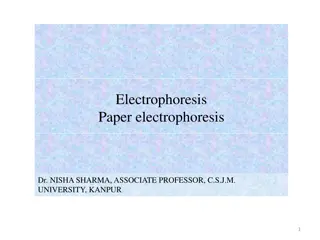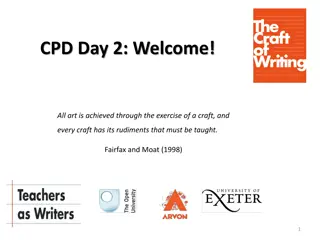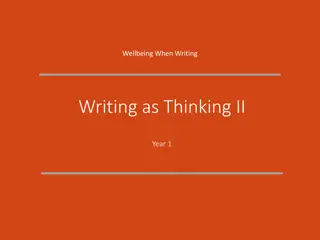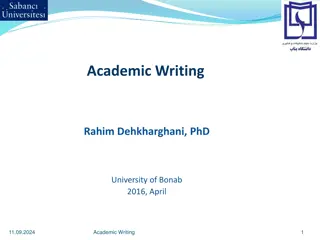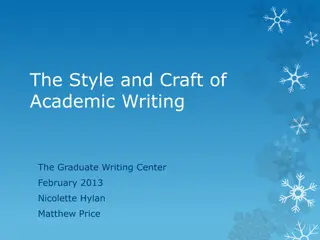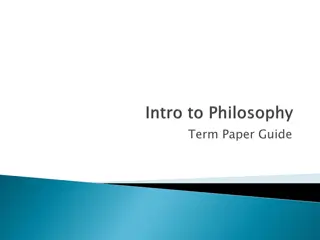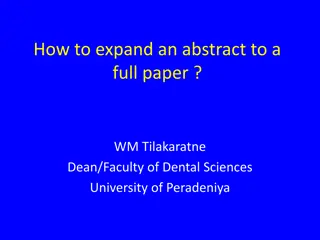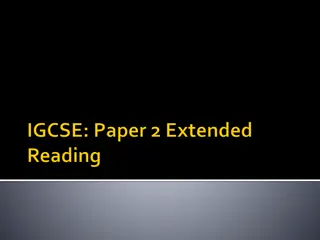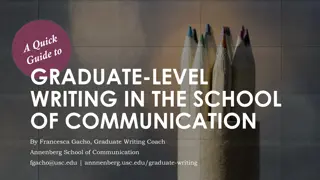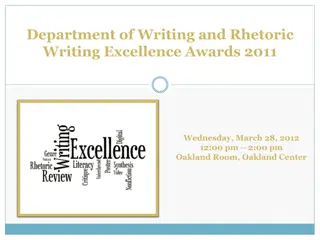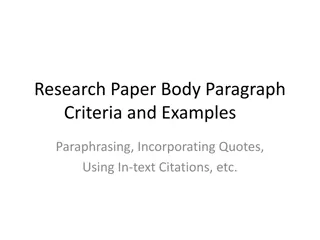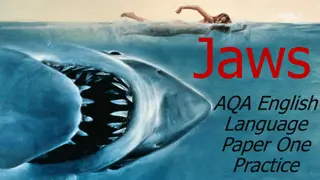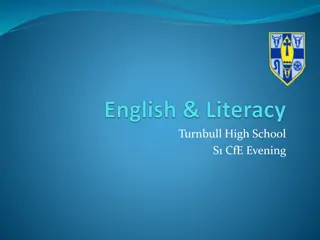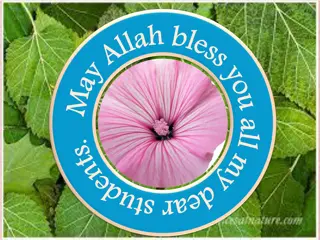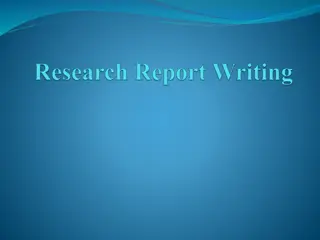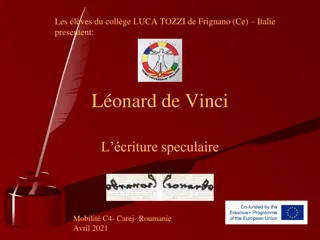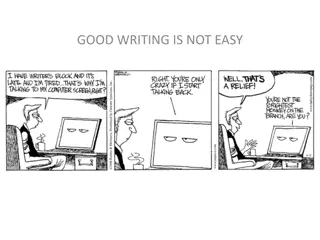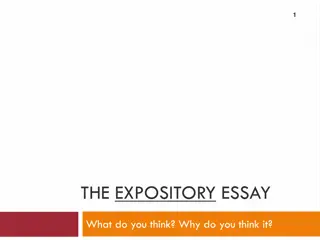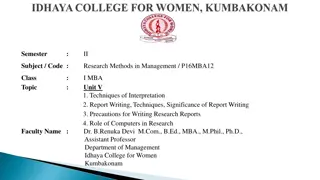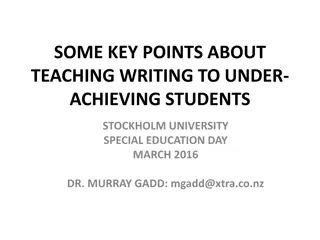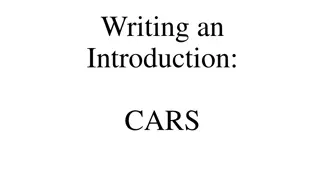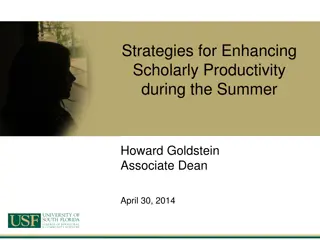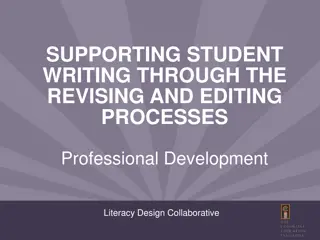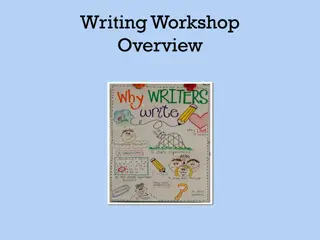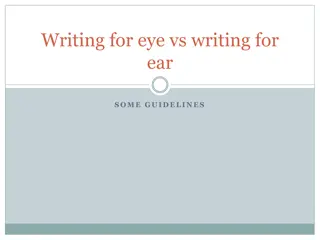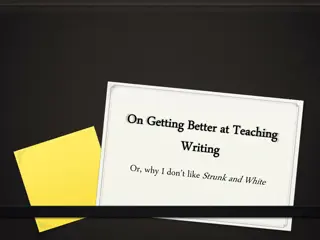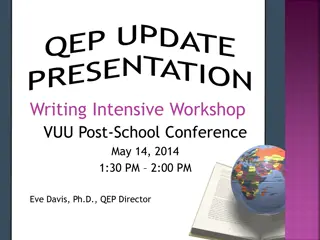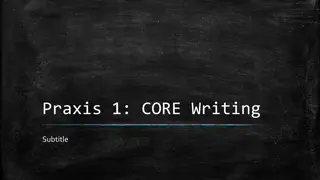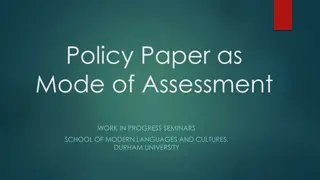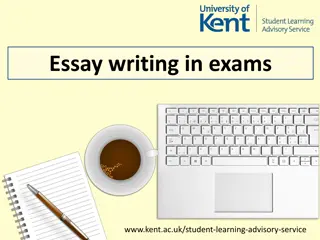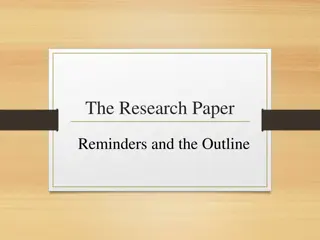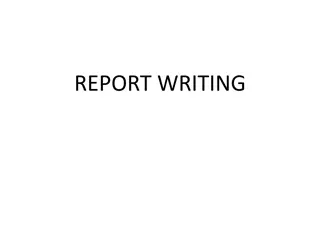Effective Strategies for Writing a Research Paper
Formulate a clear title, define goals and research questions, address assumptions and limitations, and include important details for a reproducible study. Consider the target audience's needs, the paper's originality, and promotion strategies, inspired by journalistic techniques. Maintain strict language, focus on key messages, and present figures and tables effectively. Emphasize analyzing processes behind research signals and uncertainties in climate change studies.
Download Presentation

Please find below an Image/Link to download the presentation.
The content on the website is provided AS IS for your information and personal use only. It may not be sold, licensed, or shared on other websites without obtaining consent from the author. Download presentation by click this link. If you encounter any issues during the download, it is possible that the publisher has removed the file from their server.
E N D
Presentation Transcript
How I write a paper Erik Kjellstr m
Some general considerations Formulate a good title Define goals with the paper and formulate research questions Make sure to attempt to answer the questions should be reflected in conclusions Be open and upfront with assumptions and limitations Don t omit important details, a study should be reproducable
For whom? Yourself good for your CV/career! Your organization your boss want s to see results! Your funding agency they are paying you! Your coauthors they trust you to do a good job! Other researchers this is where your findings will be tested and questioned! A broader user community? this is where your findings possibly will be used! (The greater public probably not directly )
Why would anyone read your paper? It is not enough that people are interested in your research area / subject: you need a good title + keyword write a good abstract the paper should be original not just one among many others when the paper is published it needs to be promoted
Promotion What can we learn from journalists? Most important for a journalist is a good hook! The first one-two sentences gives the essence of their story - As a scientist you can work with the title and abstract A journalist think about the 5 Ws: Who, What, When, Where, Why (plus the sixth unofficial W: Why should I care?).
Details Keep the language strict and to the point Take care when producing figures and tables they should help you conveying a message (not too complicated! well- structured! Use large fonts! Use readable colors! Not too much information! Good captions) Include relevant references Be meticulous!
Contentwise - some take home messages from yesterday s three papers Do not just address one index/measure of CC without assessing full PDF:s Investigate/discuss which processes that may lie behind a certain CC signal What are the key uncertainties in CC pertinent to your question? Is it expected that a CC signal is detectable or are you just looking at noise? Put your results into a wider perspective (e.g. CORDEX vs. CMIP)
